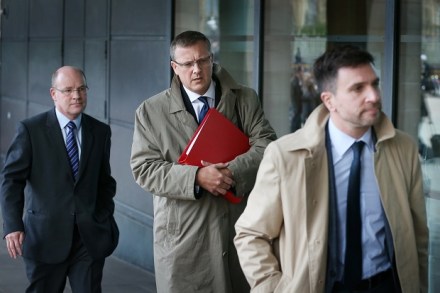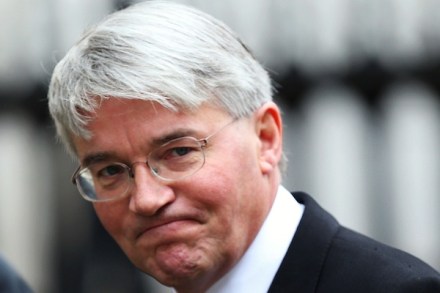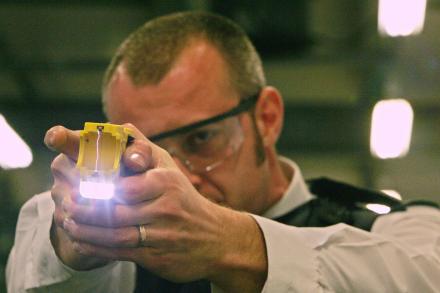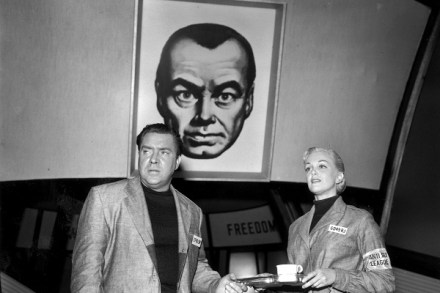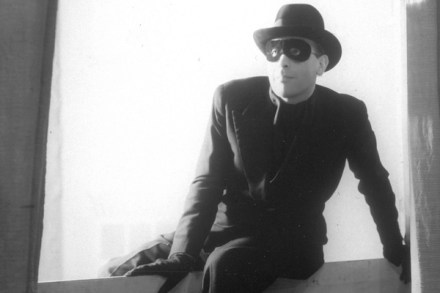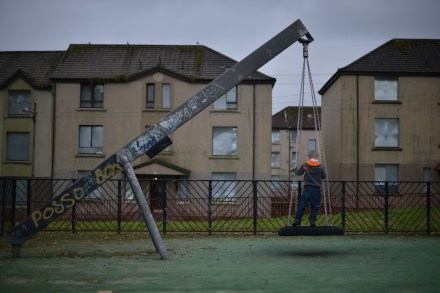Letters | 31 October 2013
Not fair on cops Sir: Nick Cohen (‘PCs gone mad’, 26 October) claims that the police are deliberately attacking the press and fundamental liberties because, in light of the overall reduction in crime, they are now underemployed and ‘many are surplus to requirements’. This is an inventive conspiracy theory by any standards, but lacking any link to plausibility. In 2006, as the head of the Anti-Terrorist Branch, I called a halt to the first phone-hacking investigation because we had other priorities such as the 7/7 and 21/7 attacks, and stopping the killing of several thousand people with liquid bombs on aircraft over the Atlantic. We really did have better things to

